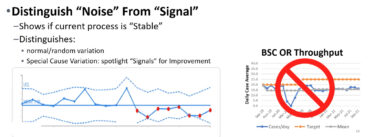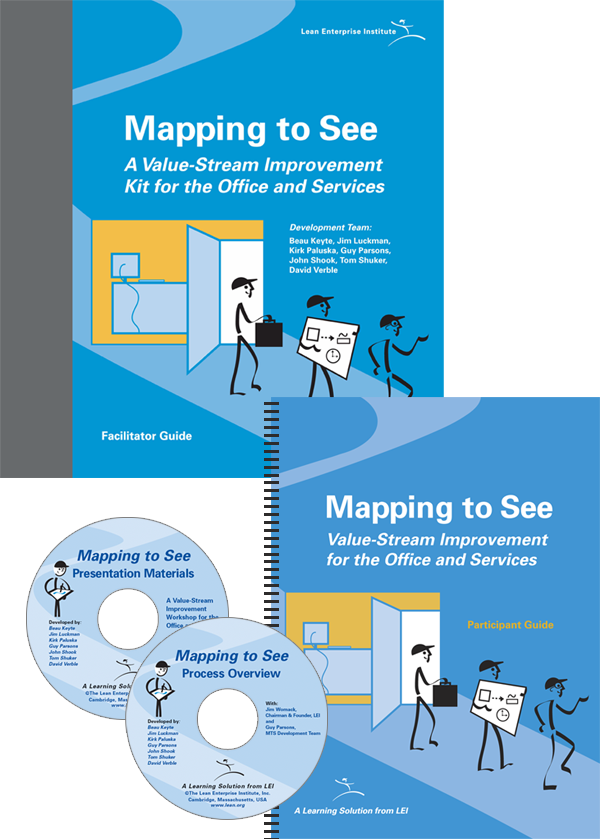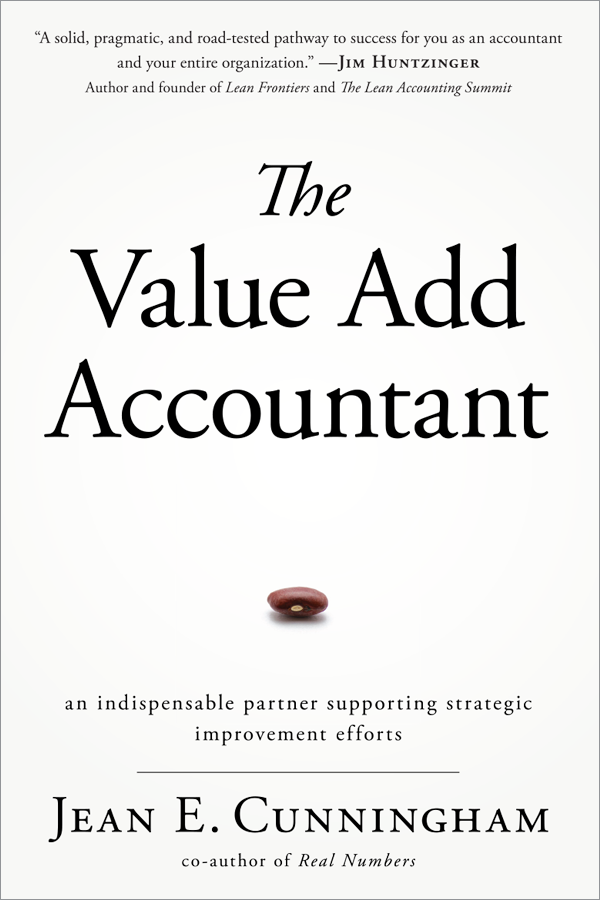It was a warm Saturday morning, and I was looking forward to going out in the 60-degree weather, an uplifting prospect after a brutally cold Boston winter. But before heading out I had to make a quick call to DISH Network. Little did I realize that the joys of Spring would have to be put on hold for just a while longer.
Let me briefly share my experience.
I’ve been a customer of DISH Network for 24 years. It is the only television service that offers Japan TV, a subscriber channel that broadcasts only Japanese programming. My wife is Japanese and we like the programming. Generally, my customer experience with DISH has been positive (though I haven’t demanded a lot).
A month ago, DISH Network dropped Japan TV and it was picked up by DirectTV. So, after all this time, we decided to cancel DISH in favor of DirectTV. On Saturday morning I called DISH to cancel my service. The customer service rep who answered the phone told me that I had signed a new contract last November with a new receiver that locked me into 24 months with DISH. If I cancelled now, it would cost me $400. Nice.
The Customer Rep referred me to her Manager, who got on the phone. I asked if he had reviewed my contract. He had not. I asked if he could send me the contract I had signed so that we could review and discuss it on the phone, but he could not. He told me that this was the responsibility of another department. So, we couldn’t really start our conversation from the facts, which in this case was my contract—which he could not review!
It wasn’t a pleasant conversation – I expressed frustration, arguing that I was a good customer of DISH for 24 years. He agreed. After some heated exchanges, I asked him why, after 24 years, can you not forgive all or at least part of this fee to a long-time customer. The fact of the matter was that DISH had cancelled the primary programming (Japan TV) that had kept me with them for many years.
At this point the conversation shifted, when he acknowledged that he wanted to help me. We finally started talking as human beings, not as a dissatisfied customer and defensive corporate employee. The tone of our voices settled down and I asked him how he would feel if he was in my position. He acknowledged the irony in his role – the Manager of Customer Service who was not allowed to make this type of decision for the customer. Though he represented customer service, he had no real flexibility to act based on specific customer situations. He could only follow the “rule book.” He expressed frustration. And I realized that this was actually a pretty good guy, trying to do his best in the face of poor corporate policy.
I reflected on this experience in the context of lean, and in light of what I learned while working at Toyota. Two things that occurred during my call were fundamentally different than core Toyota principles:
- Each person in Toyota, no matter what their job, is asked to think about how they ensure quality for the customer – the end user driving the car and the person who is the next process.
- Respect for People is a primary pillar of the Toyota Way. One way that Toyota demonstrates that is by driving decision making authority to the lowest level in the organization as much as possible. This allows each employee to build quality into their own work and do what is best for the customer (end user or next process).Yes, there are rules, guidelines, standards in Toyota. But each situation with each customer is unique. How can we build quality into the process while delighting the customer?
And this is one of the fundamental problems with many retailers or service providers today – the focus of the company is on defining how the employee serves the employer, not the customer. What if the Manager was given flexibility in such a situation as our phone call to in fact make his own decision on how to handle this type of sticky customer interaction? Maybe he would reprieve half the amount. Or a gift card as compensation.
This incident that disrupted my Saturday made me reflect on the impact poor customer service had on my behavior over the last couple decades:
- I rarely change my services. DISH Network – 24 years. Sprint – 20+ years. Sprint’s service has been particularly poor, but I dread a) the potentially terrible experience of transitioning my service and b) doubting that the service will be much better elsewhere. So I do nothing.
- I have gradually stopped going to malls and many department stores. I actually used to enjoy shopping, but my personal experience in many of the department stores that are now struggling like Sears, Macy’s, Kohls is that I am generally completely ignored as a customer. I cannot find help and, if I do, most people can’t answer my question.
In her book The Good Jobs Strategy, author Zeynep Ton clearly details this phenomenon, and goes on to state, “despite all the investment in the scripts and technologies, the most important driver of customer satisfaction in a call center still seems to be the individual who takes the call and makes you feel like someone wants to help you, not just deal with you.” She notes that the rabid pursuit of profit and cost reduction by many companies has come at the expense of the employee. And as employees struggle with low wages and poor working conditions, the customer suffers. Which ultimately hurts company performances. A vicious cycle.
There are actually companies that get this right. We know them – Costco, Trader Joes, Apple – because our experience is different there. Clearly, these companies train their people to know their products and set them up to effectively serve the customer.
Lean provides us with a different approach to this vicious cycle. Build a management system in your company that allows employees to make the best decisions for the customer (end user and next process). This shows respect for your people.






